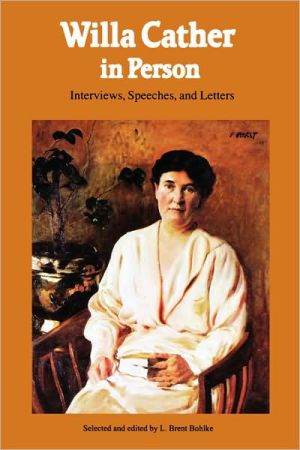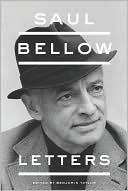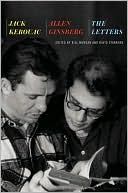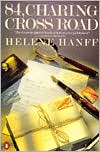Willa Cather in Person: Interviews, Speeches, and Letters
As she grew older Willa Cather became ever more private, complaining of favor-seekers and other parasites of fame. But in her long career she granted thirty-four interviews, gave six public speeches, and published ten letters, discussing literature and the artistic life and illuminating her own life and writing. These fugitive pieces, here gathered for the first time, reveal the author's early thirst for fame and the reasons for her later renunciation of it.\ Included are Cather's radio...
Search in google:
As she grew older Willa Cather became ever more private, complaining of favor-seekers and other parasites of fame. But in her long career she granted thirty-four interviews, gave six public speeches, and published ten letters, discussing literature and the artistic life and illuminating her own life and writing. These fugitive pieces, here gathered for the first time, reveal the author's early thirst for fame and the reasons for her later renunciation of it. Included are Cather's radio speech accepting the 1923 Pulitzer Prize for fiction (awarded for One of Ours), accounts of her other speeches, interviews conducted by Louise Bogan and Stephen Vincent Benét, and six little-known portraits of Cather.Publishers WeeklyDeriving from newspapers and magazines, and now first published in book form, this collection of ephemeral materials helps complete our picture of a major American novelist. An accomplished journalist herself, a reluctant public speaker and a splendid letter writer, Willa Cather felt that the press had become her enemy in later years. That she was uncomfortable with fame is evident in these interviews, which range from 1897, when she was a young mgazine editor, to 1940, when as a famous literary figure she talked with Stephen and Rosemary Benet. Nevertheless, since the interviews provide new insights into Cather's theory of fiction and the art of writing, they will be important to students and specialists. Bohlke teaches English at Bard College. Illustrations not seen by PW. (June)
\ South Atlantic Review"A valuable book. Bohlke gives us access to complete texts, and his headnotes establish the context and significance of individual entries."—South Atlantic Review.\ \ \ \ \ Publishers Weekly - Publisher's Weekly\ Deriving from newspapers and magazines, and now first published in book form, this collection of ephemeral materials helps complete our picture of a major American novelist. An accomplished journalist herself, a reluctant public speaker and a splendid letter writer, Willa Cather felt that the press had become her enemy in later years. That she was uncomfortable with fame is evident in these interviews, which range from 1897, when she was a young mgazine editor, to 1940, when as a famous literary figure she talked with Stephen and Rosemary Benet. Nevertheless, since the interviews provide new insights into Cather's theory of fiction and the art of writing, they will be important to students and specialists. Bohlke teaches English at Bard College. Illustrations not seen by PW. (June)\ \ \ Studies in the Novel"What emerges from [this] collection is valuable for anyone interested in the art of writing, in the genesis of the writer, or in the shape of American culture in the first decades of this century."—Barbara Bair, Studies in the Novel\ \ \ \ \ Booklist"Cather's public utterances were expressed with the same honesty and clarity that distinguish her immaculate novels and short stories. As happens when experiencing Cather's fiction, the reader of these words warms to her gentle passion and quiet eloquence."—Booklist\ \ \ \ \ Modern Fiction Studies"Bohlke's work throughout is intelligent, thorough, and enlightening."—Modern Fiction Studies\ \ \ \ \ Studies in the Novel"[This] collection is valuable for anyone intersted in the art of writing, in the genesis of the writer, or in the shape of American culture in the first decades of this century."—Studies in the Novel\ \








